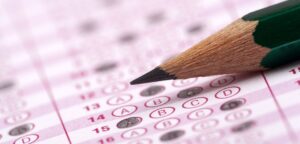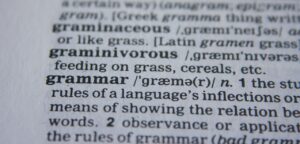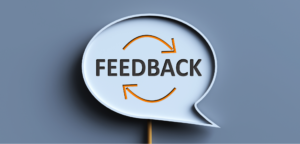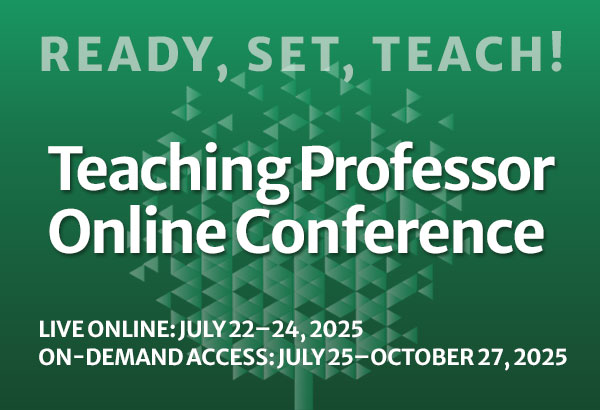
Beyond the Red Pen: Reimagining Feedback in an AI-Assisted Era
We’ve all faced it: the daunting stack of student work, each submission representing hours of potential grading. The familiar weight of this task can feel overwhelming, leaving us searching for more effective ways to provide meaningful feedback that truly fuels student learning. While the desire












